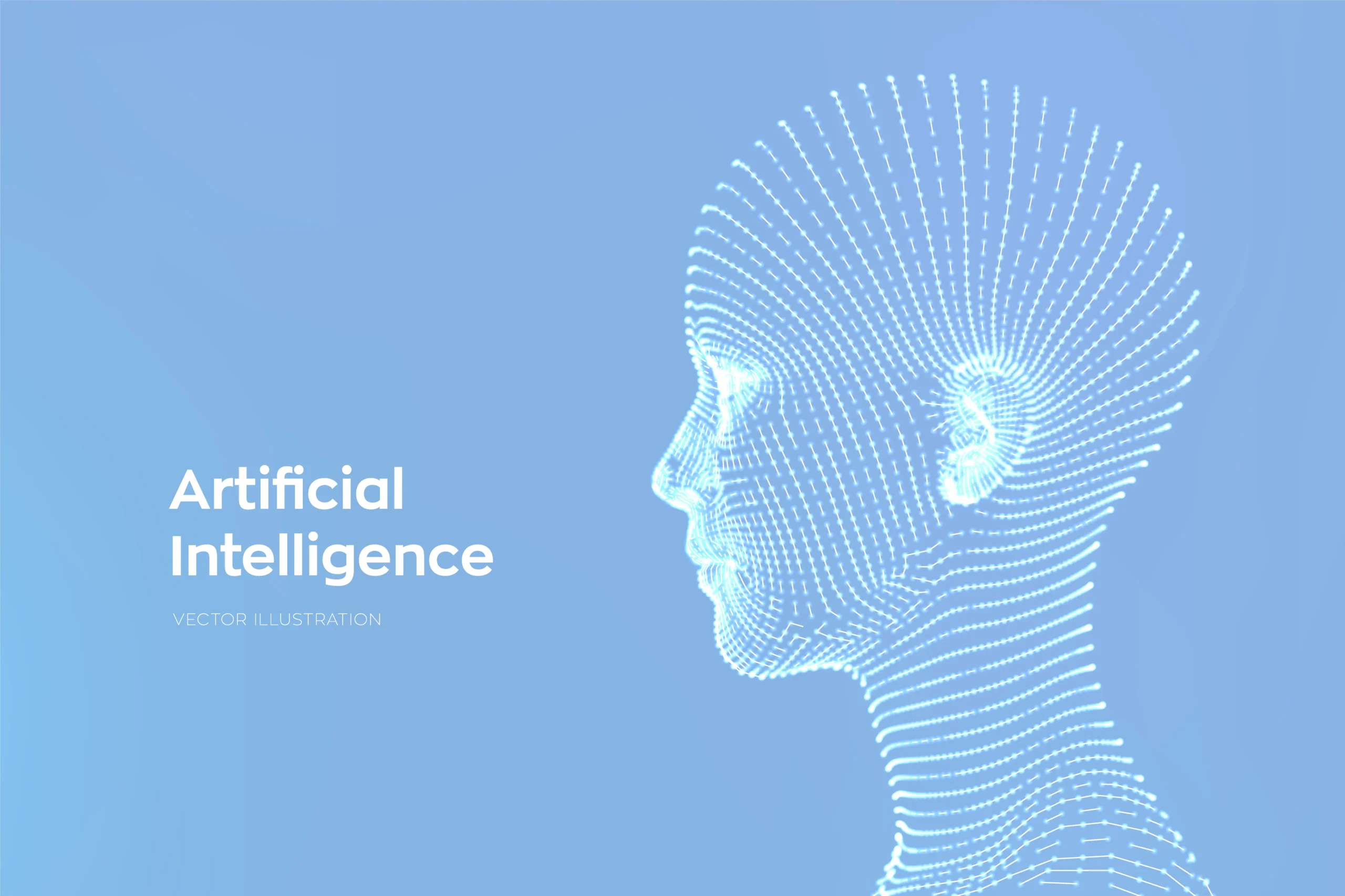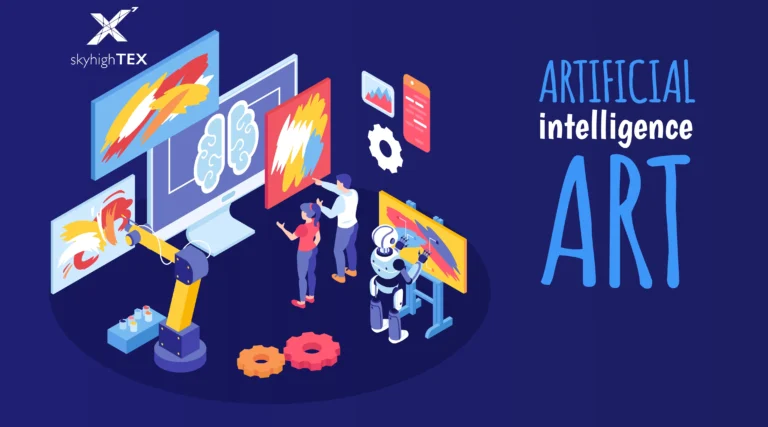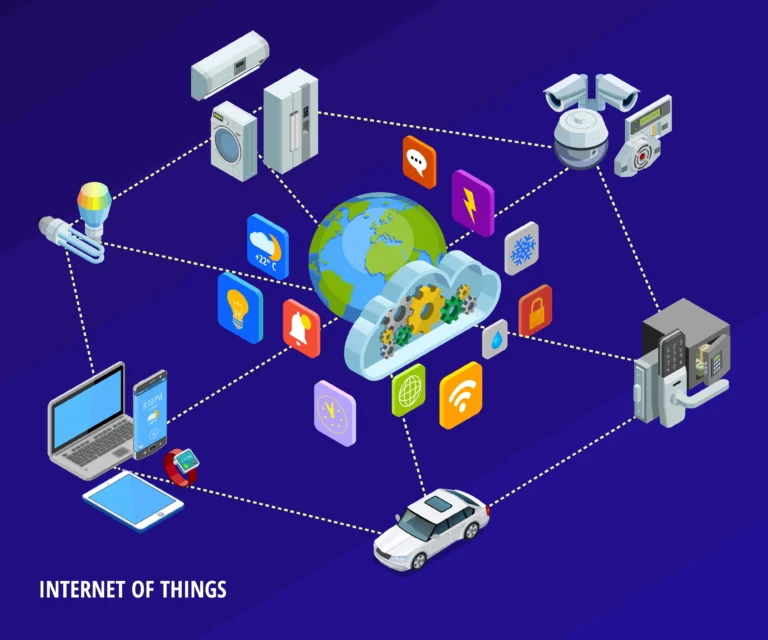5 Ethical Headaches Of AI And How To Ease Them
Welcome to our discussion on the Ethical Headaches of AI. As artificial intelligence (AI) becomes more and more integrated into our daily lives, it’s important that we take a step back and think about the ethical implications of this technology. From facial recognition software to autonomous vehicles, AI is shaping the way we live, work, and interact with the world around us. And while AI has the potential to greatly benefit society, it also raises some serious ethical concerns that we must address.

In this article, we’ll be diving into five of the most pressing ethical headaches of AI and exploring ways to ease them. From bias in AI systems to job displacement and privacy concerns, we’ll cover the key issues that are top of mind for experts in the field. By the end of this article, you’ll have a better understanding of the ethical challenges facing AI and what steps can be taken to address them.
So, without further ado, let’s dive in and explore the ethical headaches of AI.
It is worth noting that AI is a rapidly evolving field, and new ethical concerns may arise as technology advances. The article is an overview of the most common issues that have been identified to date and it’s not necessarily exhaustive. Also, the author’s intention is not to discourage the use of AI but to raise awareness of the ethical issues that are surrounding it, and to encourage responsible development, deployment, and use of AI.
What are the 5 Ethical Headaches Of AI?
Ethical Headache 1: Bias in AI systems
Definition of Bias in AI systems
One of the most pressing ethical headaches of AI is bias. Bias in AI systems can occur when the data used to train the system is not representative of the population it will be used on. This can lead to inaccurate or unfair results, which can have a significant impact on individuals and society as a whole.

Examples of bias in AI systems
For example, facial recognition software has been found to be less accurate for people with darker skin tones, which can lead to unfair treatment by law enforcement. Similarly, hiring algorithms have been found to be biased against women and people of color, which can perpetuate discrimination in the workplace.
Ways to mitigate bias in AI systems
To mitigate bias in AI systems, it’s essential to diversify the data used to train the system. This includes using data from a wide range of backgrounds, ages, and genders to ensure that the system is representative of the population it will be used on. Additionally, involving diverse teams in the development process can help to identify and address potential biases early on.
Another way to reduce bias in AI systems is to use techniques like adversarial training and fairness constraints, which can help to make the system more robust to bias. Also, regularly monitoring and auditing AI systems for bias is important, as taking immediate action when any bias is detected.
Overall, bias in AI systems is a serious ethical headache that must be addressed to ensure that AI is used responsibly and fairly. By diversifying data sets and involving diverse teams in the development process, we can work towards creating more unbiased AI systems.
Ethical Headache 2: Job displacement
How AI is automating certain jobs
As AI becomes more advanced, it’s capable of automating a wide range of tasks that were previously done by humans. This includes tasks like data entry, customer service, and even some professional roles like accounting and legal work. The increasing use of AI in automation is a double-edged sword, it can bring efficiency and cost-saving, but it also means that certain jobs may become obsolete.

The potential for widespread job displacement
As more tasks are automated, there’s a real risk of widespread job displacement. This could have a significant impact on individuals and society as a whole, as people lose their livelihoods and struggle to find new employment.
Impact of job displacement on individuals and society as a whole
The impact of job displacement can be severe, not only for the individuals who lose their jobs but for society as a whole. When people lose their jobs, they may also lose their income, their health insurance, and their sense of purpose. This can lead to economic insecurity, mental health issues, and even homelessness.
Solutions for addressing job displacement
To address the potential for widespread job displacement, there are a few solutions that can be implemented. One is retraining programs, which can help people to acquire new skills and find new employment. Another is universal basic income, which can provide a safety net for people who lose their jobs. Additionally, the government can invest in creating new jobs in new fields, such as clean energy and digital infrastructure, which can help to create new job opportunities.
In summary, job displacement is a significant ethical headache of AI that must be addressed. By implementing solutions such as retraining programs and universal basic income, we can work towards a future where everyone has the opportunity to find meaningful work, regardless of the changing job market.
Ethical Headache 3: Privacy and surveillance
How AI can be used for surveillance
AI is being used increasingly for surveillance purposes, such as monitoring public spaces, tracking individuals’ movements, and collecting personal information. This can be done through technologies such as facial recognition, object recognition, and natural language processing. This level of surveillance can raise concerns about privacy, as individuals may not be aware of the extent to which their personal information is being collected and used.

Impact on privacy
The use of AI for surveillance can have a significant impact on privacy. It can lead to individuals being monitored without their knowledge or consent, and it can also lead to the collection and analysis of personal information that could be used to discriminate against or manipulate individuals.
Importance of transparency and accountability in AI systems
To address the ethical headache of privacy and surveillance, it’s essential to ensure that AI systems are transparent and accountable. This means that individuals should be aware of the extent to which their personal information is being collected and used and that there should be mechanisms in place to ensure that AI systems are being used responsibly.
Steps to protect privacy
To protect privacy, there are a few steps that can be taken. One is to implement regulations and guidelines for AI use, which can ensure that individuals’ rights are protected. Another is to ensure that AI systems are transparent and accountable so that individuals can have confidence in the way their personal information is being used. Additionally, individuals can take steps to protect their own privacy, such as using privacy-enhancing technologies and being aware of their rights.
Overall, privacy and surveillance are critical ethical headaches of AI that must be addressed. By ensuring transparency and accountability in AI systems and implementing regulations and guidelines, we can work towards a future where individuals’ privacy rights are protected.
Ethical Headache 4: Autonomous weapons
The development of autonomous weapons
Autonomous weapons, also known as “killer robots” are weapons systems that can select and engage targets without human intervention. The development of these weapons is a growing concern, as they have the potential to make decisions that violate international humanitarian law.
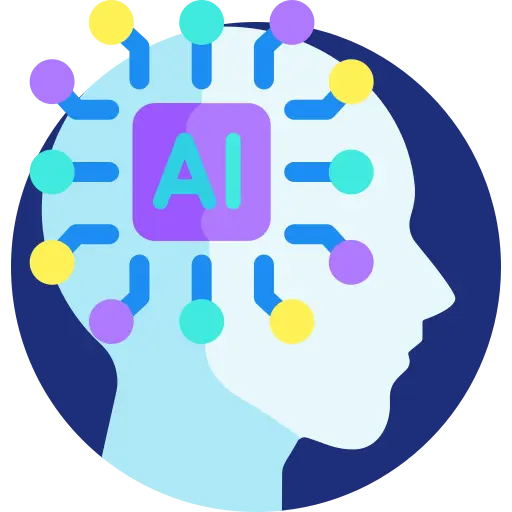
Potential for ethical concerns
The use of autonomous weapons raises concerns about accountability and human control. If a weapon system is making decisions about when to use deadly force, who is held responsible if something goes wrong? Additionally, autonomous weapons could be used to violate international humanitarian law, such as the principles of distinction, proportionality, and military necessity.
AI decision-making and international humanitarian law
AI decision-making in weapon systems raises concerns about compliance with international humanitarian law (IHL), which regulates the conduct of armed conflict. Autonomous weapons could make decisions that violate IHL principles such as distinction, proportionality, and military necessity. This could lead to unintended harm to civilians and other protected persons.
Steps to address ethical concerns with autonomous weapons
To address the ethical concerns of autonomous weapons, there are a few steps that can be taken. One is to establish international regulations and guidelines for the development, deployment, and use of autonomous weapons. This can ensure that the weapons are used in accordance with international humanitarian law and that accountability is established in case something goes wrong.
Another step is to establish a human-in-the-loop system, which means that a human operator must approve the weapon’s decision to engage before it fires. This can help to ensure that the weapon is only used when it is necessary and proportional. Additionally, the development of autonomous weapons should be subject to rigorous testing and evaluation to ensure that they are safe and reliable before deployment.
Lastly, the international community should engage in a constructive dialogue about the ethical and legal implications of autonomous weapons and the ways to mitigate them. Overall, the development of autonomous weapons raises significant ethical concerns that must be addressed. By establishing international regulations and guidelines, implementing human-in-the-loop systems, and engaging in constructive dialogue, we can work towards a future where autonomous weapons are used responsibly and in accordance with international humanitarian law.
Ethical Headache 5: Lack of accountability
Challenges of determining accountability for AI systems
AI systems are becoming increasingly complex, and it can be challenging to determine who is responsible when something goes wrong. For example, it can be difficult to determine who is responsible if an autonomous vehicle causes an accident. Additionally, AI systems can be used to cause harm intentionally, such as through cyber attacks, and it can be difficult to trace the source of the attack.
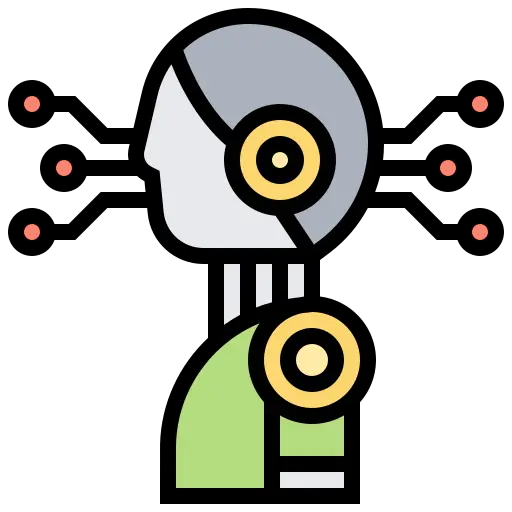
Potential for AI to cause harm
As AI systems become more prevalent, the potential for them to cause harm increases. This can include accidents caused by autonomous vehicles, decisions made by AI systems that lead to discrimination or manipulation, and malicious actions taken by AI systems.
Steps to increase accountability
To increase accountability for AI systems, there are a few steps that can be taken. One is to establish clear regulations and guidelines for the development and use of AI systems. This can ensure that the systems are used responsibly and that there is a clear framework for determining accountability. Another step is to establish mechanisms for monitoring and auditing AI systems, which can help to identify and address potential issues early on. Additionally, organizations developing and using AI systems should take the responsibility of ensuring that their systems are safe and reliable before deployment.
In short, the lack of accountability for AI systems is a critical ethical headache that must be addressed. By establishing clear regulations and guidelines and implementing mechanisms for monitoring and auditing, we can work towards a future where AI systems are used responsibly and accountability is established when things go wrong.
Conclusion
In this article, we have discussed the five main ethical headaches of AI: bias in AI systems, job displacement, privacy and surveillance, autonomous weapons, and lack of accountability. For each ethical headache, we have outlined the potential issues and proposed solutions such as diversifying data sets, retraining programs, regulations and guidelines, human-in-the-loop systems, and transparency and accountability.
As AI becomes more integrated into our daily lives, it’s more important than ever to address these ethical concerns. Ensuring that AI systems are fair, safe, and accountable is crucial for protecting individuals and society as a whole.
Addressing the ethical headaches of AI is a complex and ongoing task. It requires continued discussion and action from individuals, organizations, and governments. We encourage further dialogue and collaboration on these issues to ensure that we can fully realize the benefits of AI while minimizing the risks.
Overall, the ethical concerns surrounding AI are becoming increasingly pressing as technology becomes more integrated into our daily lives. By addressing these ethical headaches, we can work towards a future where AI is used responsibly and ethically.

